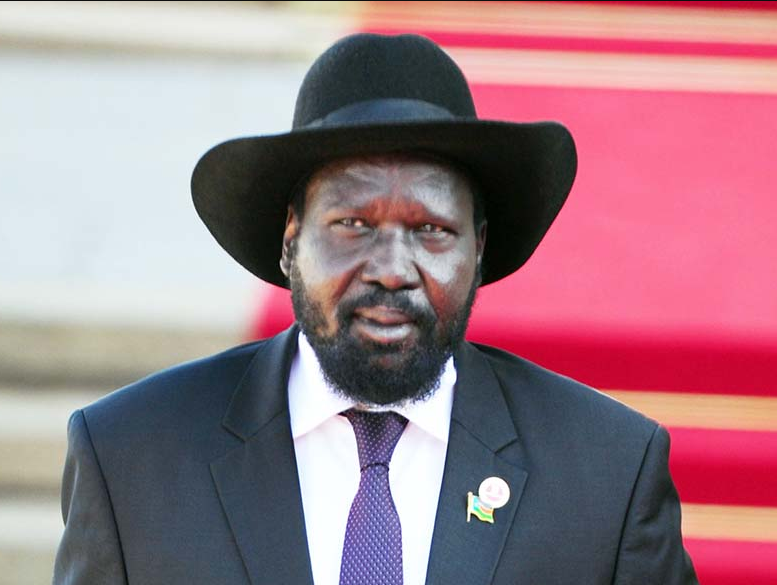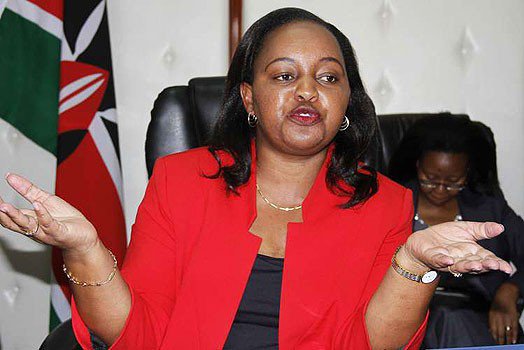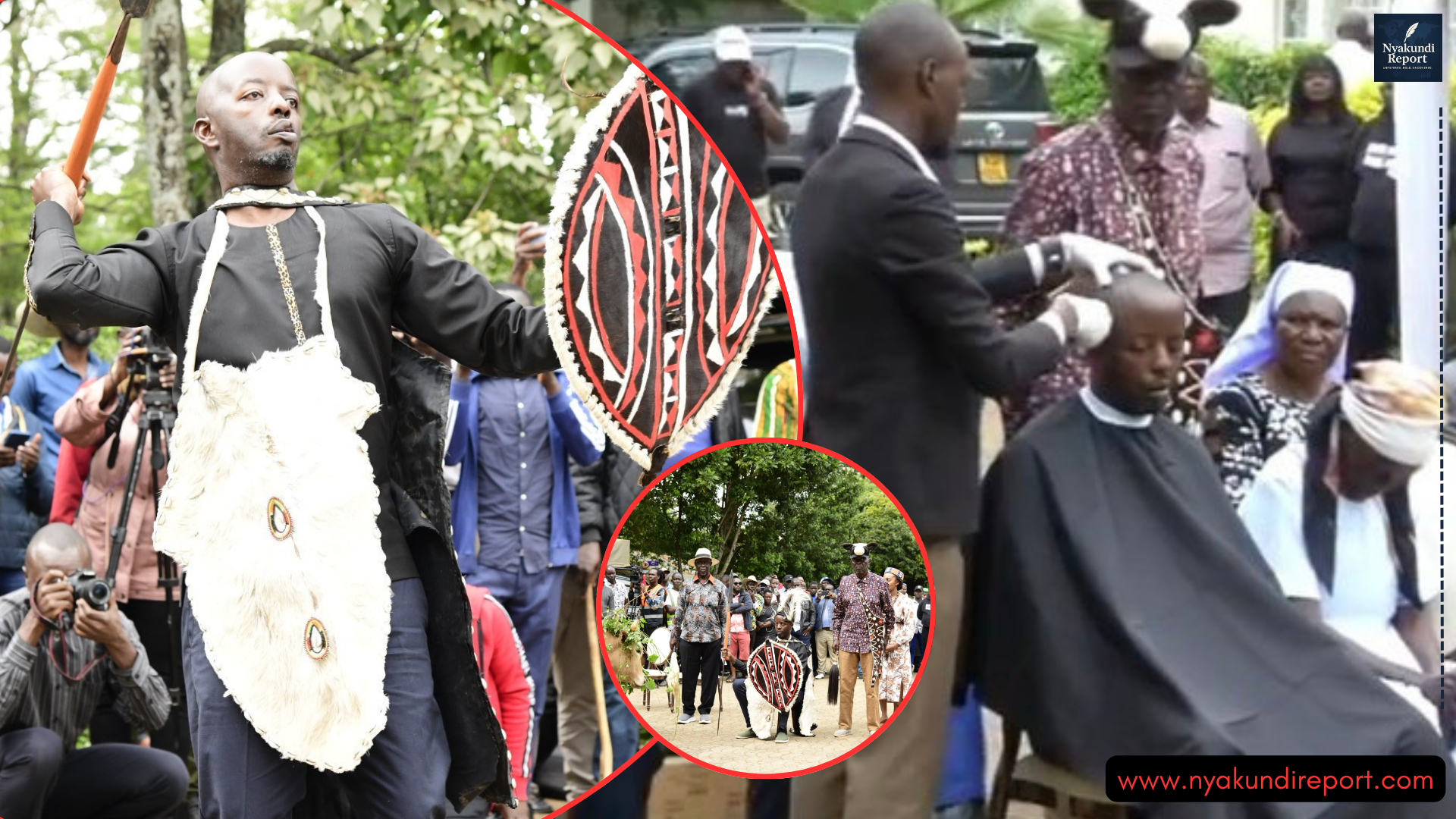In a move that has raised eyebrows and rattled public confidence, the Independent Electoral and Boundaries Commission (IEBC) Selection Panel stands accused of sneaking in six extra names into its shortlist of candidates.
At the heart of this storm is Panel Chair Nelson Makanda, whose weak defense of the process has only fueled more suspicion.
As questions swirl over transparency and legality, Makanda’s hollow justifications paint a picture of a compromised process seemingly designed to serve the interests of the current regime.

IEBC Selection Panel Faces Mounting Criticism Over Questionable Shortlist Changes
The IEBC Selection Panel was put in place to lead a fair, lawful, and transparent process of appointing new electoral commissioners. But recent events have cast serious doubts on its credibility.
What was initially a shortlist of 105 candidates quietly ballooned to 111 — with no clear explanation, no legal backing, and no forewarning. Makanda, instead of offering clarity, chose to stonewall the public with vague statements.
His justification that the new names were added for “regional balance, youth representation, and inclusivity” came across as hurried and insincere.
If those factors were truly a priority, why weren’t they considered from the beginning? Even more damning was his attempt to dismiss critics by claiming the panel had followed the law to the letter.
“We have paid serious fidelity to the law,” he said. Yet, the very law he claims to respect requires transparency, fairness, and procedural consistency — all of which were grossly lacking.
To make matters worse, the IEBC Selection Panel had already concluded interviews by the time these issues hit the public eye.
So, what does that say about the integrity of the interviews? Did the panel change the rules halfway to push in politically favored candidates?
Makanda’s response did nothing to address the core concerns. He failed to explain why the changes were made so late in the process.
He offered no details on the method used to select the six new candidates. And he ignored demands for accountability from respected observers like the Elections Observation Group (ELOG).
Makanda’s Panel Undermines Public Trust and Electoral Integrity
ELOG, in a strongly worded statement, rightly raised concerns over the secrecy surrounding the additions.
They acknowledged the panel’s attempt to explain the inclusion but highlighted the real problem — the procedure. Why wasn’t this selection criterion applied from the start? Why wait until the process was nearly complete?
Their demand was simple and justified: a full, public explanation of how and why these six names made it onto the shortlist.
ELOG reminded the panel that the appointment of IEBC commissioners is not just routine hiring — it’s a vital step in safeguarding democracy.
Every mistake, every shortcut, and every unexplained deviation chips away at the public’s trust. Makanda’s nonchalant attitude suggests either a lack of leadership or a deliberate attempt to shield backroom deals. Either way, it is unacceptable.
The IEBC Selection Panel is not a private club. It’s a national body tasked with shaping the future of elections in Kenya. Kenyans deserve honesty, not spin. They deserve facts, not fluff.
Makanda’s Mishandling Fuels Fears of Executive Interference and Erodes Public Trust in IEBC Selection Panel
What’s even more troubling is the political context. With a regime already accused of stacking public institutions with loyalists, the sudden inclusion of additional names stinks of interference. It paints a picture of a panel dancing to the tune of the executive, not acting as an independent body.
As things stand, the panel is expected to submit its final list of nominees to President William Ruto by May 9. But can the nation trust that list?
Makanda’s refusal to own up to the panel’s blunders means every name on that list will now be viewed with suspicion. Even deserving candidates may have their credibility questioned — all because the man at the helm chose arrogance over accountability.
Makanda had a chance to reassure the nation, but instead, he doubled down with excuses. He failed the basic test of leadership: owning up to mistakes and fixing them transparently.
Now, the IEBC Selection Panel’s integrity is hanging by a thread, and he’s holding the scissors. In the eyes of many Kenyans, Makanda’s mishandling of this situation has soiled the selection process beyond repair.
If the IEBC is to regain public confidence, it must begin with accountability — and that starts with the resignation of Nelson Makanda.
This is not just about six names. It’s about the future of democracy. It’s about trust. And right now, Nelson Makanda has none.











































